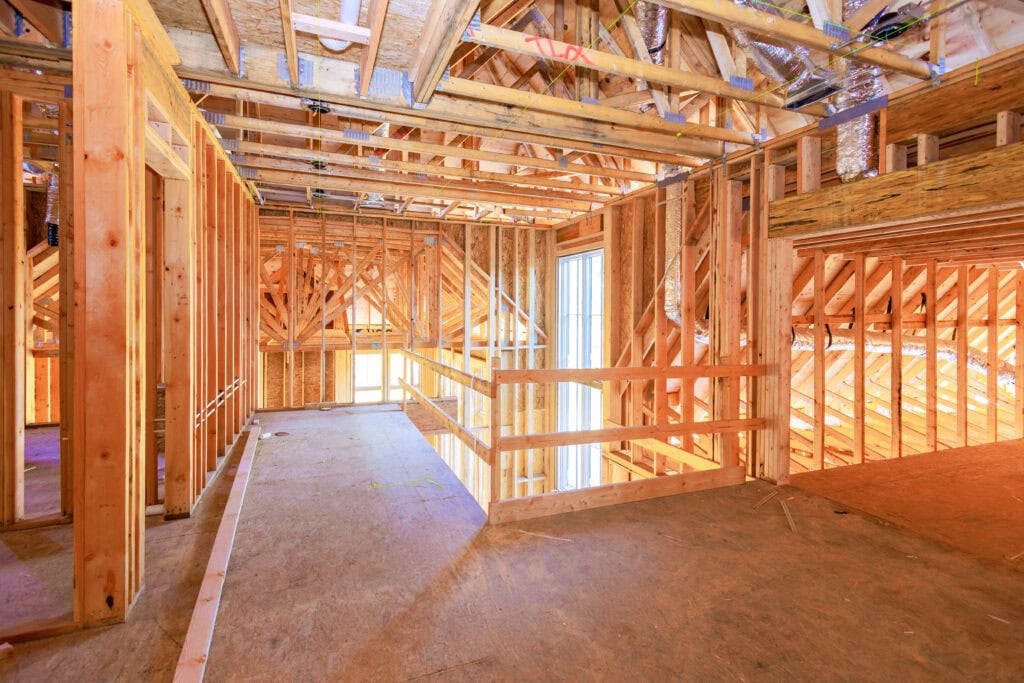Starting a home improvement project without professional support might seem financially practical, but it often leads to expensive complications. Many homeowners begin do-it-yourself renovations with confidence, only to encounter obstacles that inflate costs and drag out completion times. Unexpected issues, insufficient expertise, and inadequate planning frequently result in frustrating and expensive errors. A skilled general contractor brings the experience and technical acumen needed to manage intricate renovations, protecting homeowners from setbacks that could drain resources.
Common Obstacles That Disrupt DIY Home Renovations
DIY projects frequently become overwhelming due to various unanticipated challenges. Homeowners often underestimate the materials required, lack the necessary skills, or unknowingly violate building regulations. Using low-quality supplies or ignoring structural integrity can lead to safety risks and costly corrections. Research from the National Association of Home Builders highlights that many DIY renovations require professional intervention to fix major deficiencies.
- Limited expertise leads to errors and miscalculations.
- Inferior materials reduce longevity and structural integrity.
- Poor planning may result in hazardous conditions.
How a General Contractor Saves Time and Manages Costs Efficiently
Overseeing a home renovation demands strategic coordination to prevent expensive delays. General contractors bring valuable experience to streamline timelines, ensuring that every phase progresses efficiently. Their established connections with suppliers enable them to source top-tier materials at significantly lower prices than those available to individual homeowners. DIY projects, on the other hand, often result in excessive spending due to avoidable mistakes and multiple attempts at correction.
- Prevents scheduling conflicts and unexpected expenses.
- Secures high-quality materials at competitive prices.
- Oversees subcontractors for seamless project execution.
How General Contractors Protect Against Structural and Safety Risks
Renovation mistakes that compromise structural integrity or safety can have severe consequences. Building codes are in place to ensure homes remain secure, yet homeowners often misinterpret these regulations. General contractors possess extensive knowledge of compliance standards and integrate them into every stage of construction. Investing in expert supervision prevents major financial burdens and legal repercussions stemming from improper work.
- Ensures all modifications meet required safety standards.
- Protects property from long-term structural deterioration.
- Eliminates unnecessary rework from failed inspections.
How a General Contractor Manages Permits and Coordinates Subcontractors
Handling multiple subcontractors—including electricians, plumbers, and carpenters—requires precise scheduling and oversight. A general contractor ensures all tradespeople contribute efficiently to the renovation process. Navigating the permit application process can also be overwhelming for homeowners unfamiliar with local building regulations. Contractors take on these responsibilities, guaranteeing compliance and preventing costly delays.
- Organizes subcontractor schedules to maintain efficiency.
- Acquires necessary permits and ensures regulatory compliance.
- Shields homeowners from potential legal and financial liabilities.

Why DIY Renovations Can Reduce Home Resale Value
Sloppy renovations do not always increase a home’s value. Potential buyers assess workmanship carefully, and visible flaws can deter interest. Homeowners who cut corners or fail to follow construction codes may struggle to sell their property. A competent general contractor delivers results that not only enhance aesthetics but also align with legal and industry standards, helping to maintain or even boost resale value.
- High-quality renovations increase market appeal.
- Poorly executed DIY work may lower property valuation.
- Code-compliant upgrades provide reassurance to potential buyers.
Why Professional Tools and Expertise Matter in Home Improvements
Attempting significant renovations without the proper tools and knowledge often leads to substandard execution. General contractors utilize industry-grade equipment and specialized skills, ensuring precision and efficiency. When DIY work requires multiple corrections, costs skyrocket due to wasted materials and prolonged labor. Hiring a professional eliminates these risks and results in superior craftsmanship from the outset.
- Advanced tools enable precise workmanship.
- Expert techniques minimize costly mistakes and delays.
- Well-executed renovations provide long-lasting durability.
How a General Contractor Provides Warranties and Legal Safeguards
Hiring a general contractor includes the advantage of warranties and legally binding agreements. If construction defects or workmanship issues arise, contractor warranties cover necessary repairs, preventing homeowners from facing unexpected financial burdens. Clearly outlined contracts establish expectations, reducing disputes and ensuring accountability. These safeguards offer peace of mind and protect homeowners from unforeseen liabilities.
- Workmanship warranties provide financial security against defects.
- Contracts outline project scope and responsibilities clearly.
- Reduces homeowner exposure to legal risks related to construction errors.
Important Considerations When Hiring a General Contractor
Choosing a capable general contractor protects financial investments and project outcomes. Their expertise, industry connections, and commitment to quality minimize renovation-related stress while ensuring exceptional results. DIY projects may be suitable for small-scale updates, but extensive remodeling projects require the precision and oversight only an experienced contractor can provide.

Key Insights on Selecting an Experienced General Contractor
- Avoid expensive project mistakes and inefficiencies.
- Ensure compliance with essential safety codes and building regulations.
- Gain access to high-quality materials and expert craftsmanship.
Frequently Asked Questions About General Contractors
- What costs are involved in hiring a general contractor?
- General contractor fees typically range between 10-20% of the total project cost, depending on the complexity and scale.
- How can I verify a general contractor’s qualifications?
- Check state licensing boards, request proof of insurance, review client testimonials, and obtain references from past projects.
- Can a general contractor contribute to the design process?
- Many contractors collaborate with architects and designers, offering valuable structural insights to optimize project feasibility and execution.
- What essential elements should be included in a contractor agreement?
- A thorough contract should define project scope, estimated timelines, payment schedules, material specifications, and warranty coverage.
- How do general contractors address unforeseen challenges during renovations?
- Contractors issue change orders to document necessary modifications, detailing revised costs and adjusted completion timelines when unexpected issues arise.
Home Garden Wire is your go-to resource for the latest in home and garden services. We provide reliable, actionable information on DIY home improvement, home maintenance, eco-friendly practices, and home design. Our well-researched content empowers homeowners with practical solutions and expert advice. Trust Home Garden Wire to help you enhance your living spaces with tips on home renovation, sustainable living, and innovative home services.







